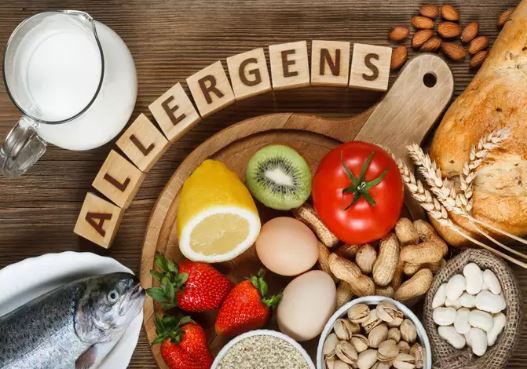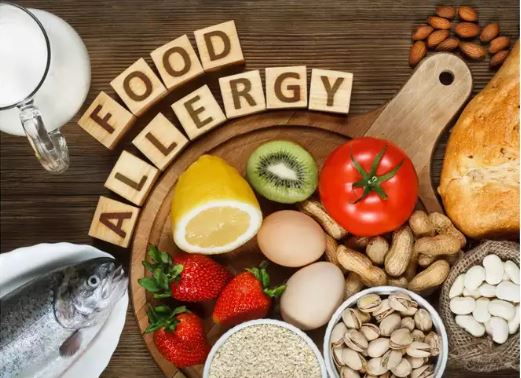Lifestyle
9 common foods that cause allergies

Food allergies are very common and according to some studies they can be found in 6-8 per cent of kids and 3 per cent adults.
Food allergy occurs when the immune system triggers a defence response to otherwise harmless food that results in making you feel sick.
A severe allergic reaction may lead to a condition called, anaphylaxis, which can be life-threating.
Some foods like peanuts can trigger such extreme reactions and if so it is suggested to consult a doctor immediately.
However, the cases of anaphylaxis are not very common. Food allergies are mostly harmless, and seldom cause any serious damage but it is best to refrain from the foods that may trigger such reactions.
Here is a list of 9 common food items that are known to cause the most food allergies.
If you see any abnormality after consuming these foods, you must stop the consumption of the food items immediately.
1. Eggs
Egg allergy is mostly found in children under the age of 16. Most children outgrow the allergy after they cross the age. However, even after being allergic to eggs, it is found that egg-based cakes and muffins can be tolerated by the body. Some common symptoms of the allergy include stomach ache, trouble in breathing and development of a skin rash. Simply avoid eating egg and egg made dishes like omelettes and half fry to prevent the allergy.
2. Milk
Milk is another ingredient that children, especially 3 years or less, are most allergic to. Consumption of milk, particularly cow’s milk can cause acidity, vomiting, swelling and rashes. If found allergic to milk, you must avoid all milk-based products like cheese, paneer, curd and ice cream.
3. Gluten
Gluten is a type of protein found in wheat. Consuming wheat leads to digestive distress, vomiting, rashes or swelling for some people. It may be due to the gluten present or even due to the wheat grain itself. The only way to determine is by avoiding the consumption of wheat and wheat-based products and see if the symptoms prevail.
4. Shellfish
A shellfish or seafood allergy is generally known as soon as you eat seafood. Immediate swelling, redness, stomach pain and vomiting are indicative of a seafood allergy. It can be caused by eating shrimps, prawns, lobster and squids as well.
5. Fish
Other types of fishes can also cause allergic reactions in some people. Allergy to fish can often turn serious and cause severe impacts, which is why it is advised for people with the condition to carry an anti-allergic medicine as a precaution. A fish allergy can lead to diarrhoea and other digestive distress. It is not necessary that if you are allergic to fish you are also allergic to shellfish and vice versa.
6. Tree Nuts
Another common type of allergy is the allergy to tree nuts like almonds, pistachios, cashews, walnuts, pine nuts etc. Difficulty in breathing, swelling and rashes are some common reactions of the allergy. Even if you are allergic to one or some of the nuts it is advised to avoid the consumption of all types of tree nuts and the dishes made with them.
7. Soy
Soy allergy is also commonly found in infant and babies under 3 years of age. The proteins in soy may cause running nose, itchiness, rash and asthmatic conditions in children. Soy and soy products must be completely avoided to be safe from any such allergic reactions.
8. Peanuts
Peanut allergy is very common and has the most potential of turning into something serious and life-threatening. Interestingly, people whose parents or close relatives have a peanut allergy are more likely to develop the allergy. People who are allergic to peanuts develop a breathing problem, swelling or rash as soon as they consume peanuts or dishes made with it.
9. Meat
Beef, mutton, lamb, pork, goat meat can all cause a meat allergy. Rashes, runny nose, stomach cramps, indigestion, swelling in lips are some of the known causes of meat allergy. If you see these signs after the consumption of meat, you must refrain from meat consumption or at least reduce the quantity in which you consume it.







